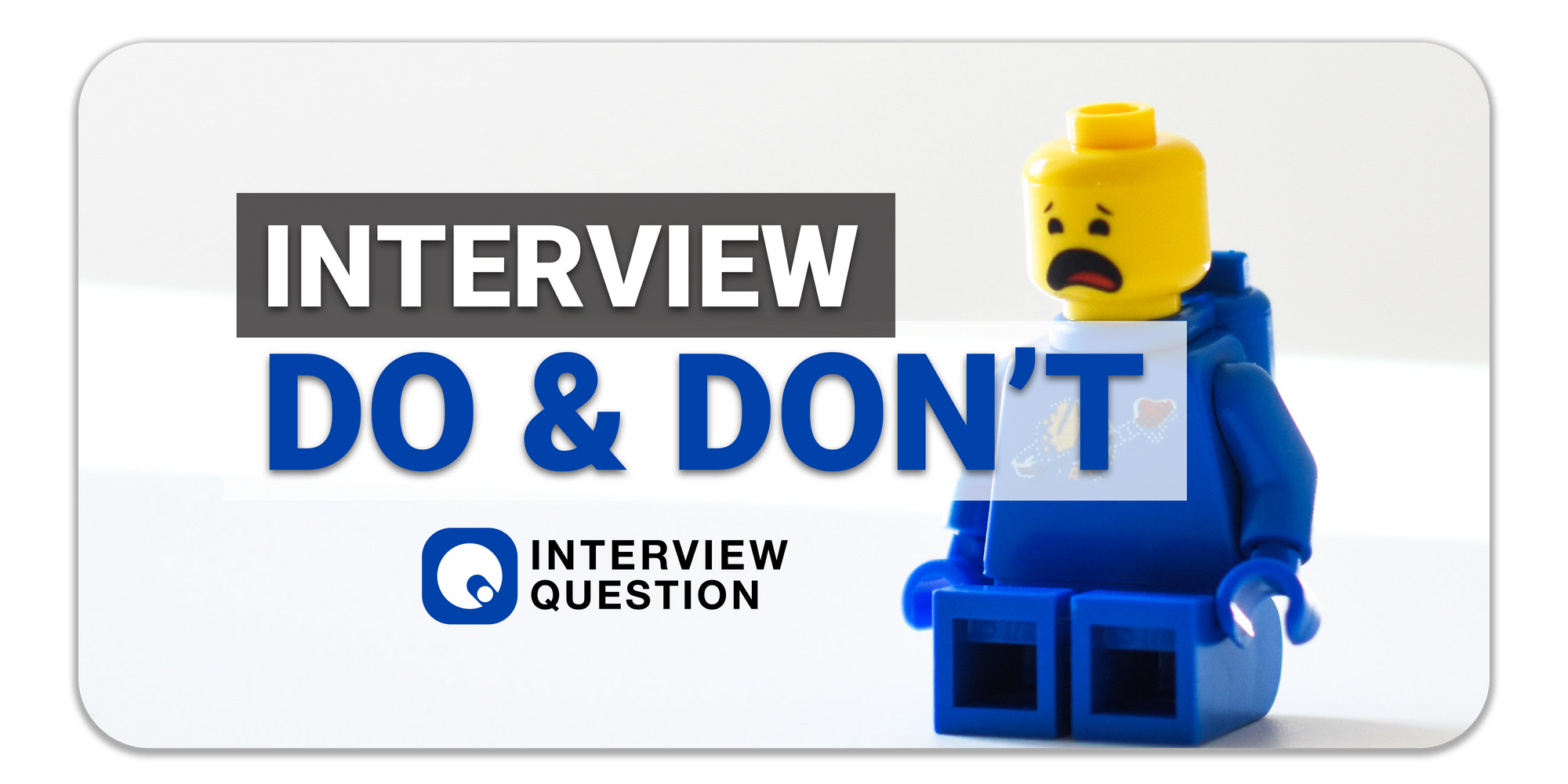Why is asking the right questions in an interview so important?
Maintaining the perception of a consistent, quality candidate | Helps HR with picking applicants who are "just like themselves" | Asking the right questions show you have topical knowledge and experience.
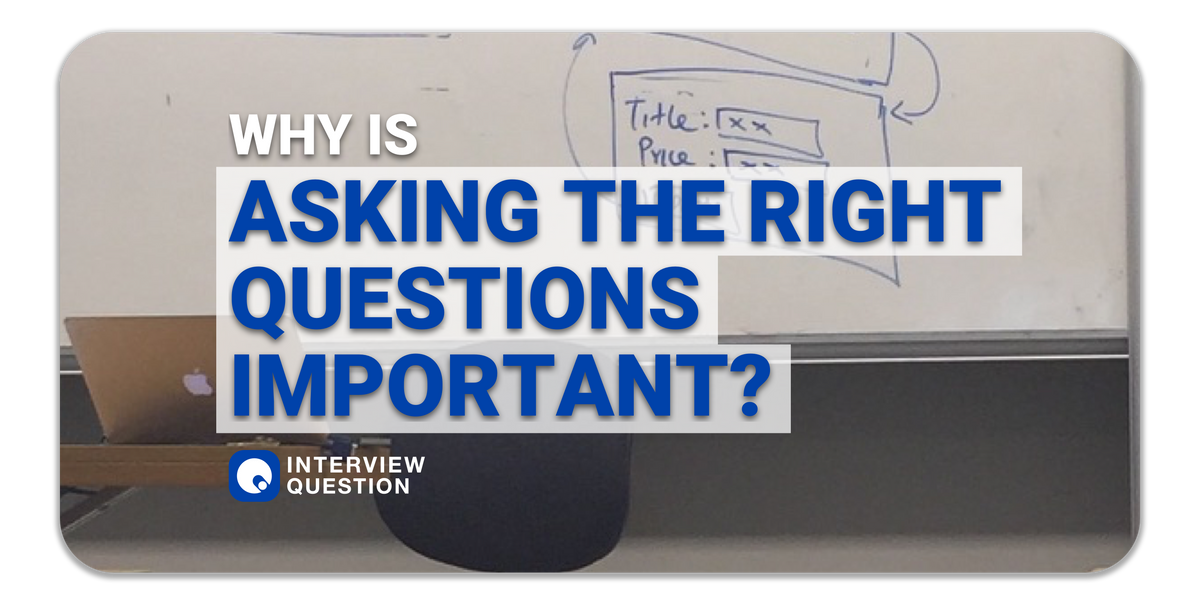
Candidates often shoot off whatever they have in their minds when asked if they have any questions. Even with preparation and days of research, it is not easy to ask the right (most situational-applicable) question when prompted. Here are reasons why asking the right questions are important to you as an interviewee during an interview.
Reasons why only appropriate and applicable questions should be asked by interviewees
This article justifies why interview questions asked must be wholly relevant.
Maintaining the perception of a consistent, quality candidate
A candidate should ensure his standards are kept up throughout the duration of the interview.
A fumble or odd question raised during Q&A time by the interviewee sends mixed signals to the interviewer. This assessor may end up with a poorer reflection of you and your standards of work, which could add risk and jeopardise your chances of not landing the job.
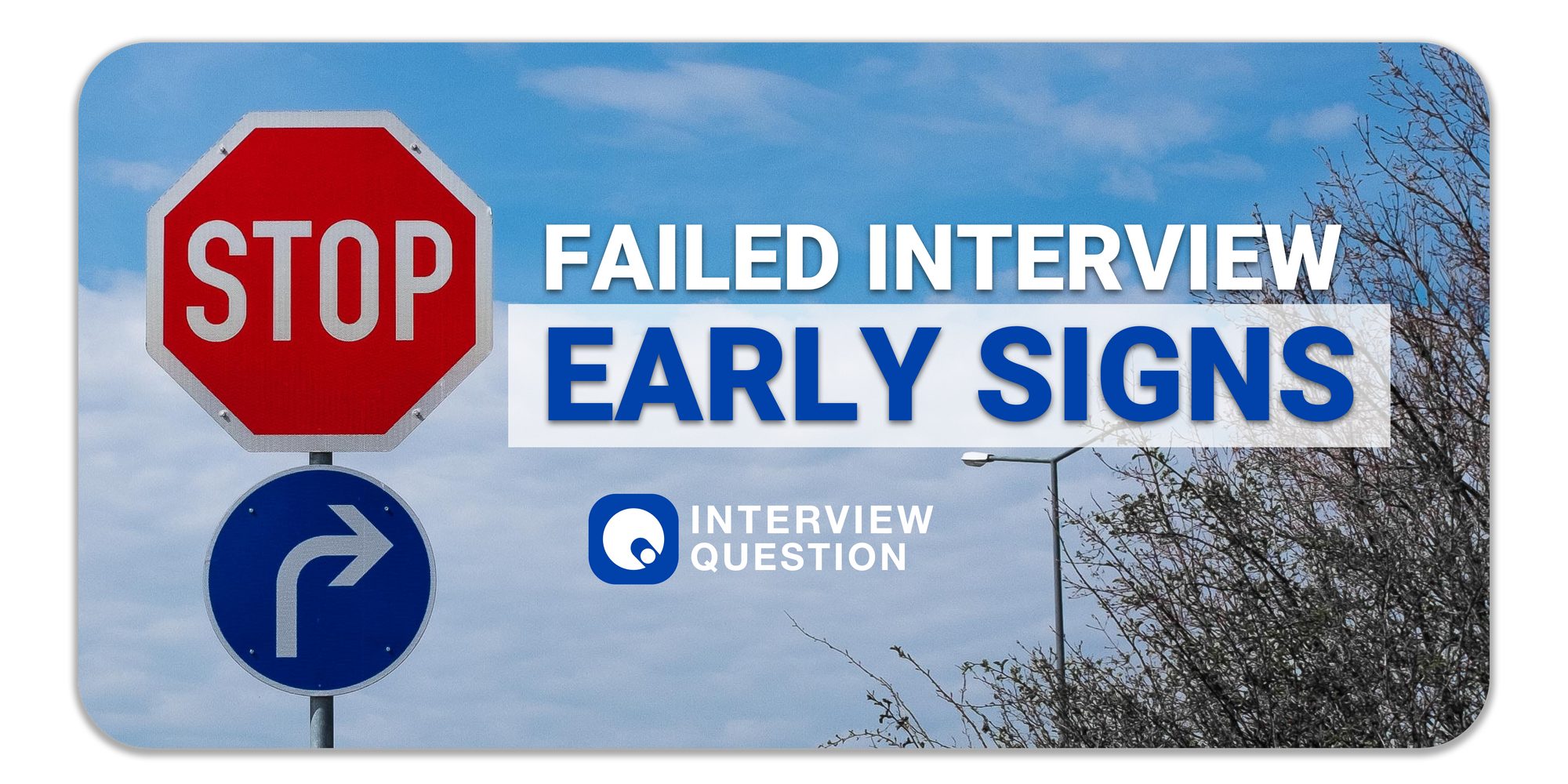
Helps HR with picking applicants who are "just like themselves"
Applicants should only focus on asking questions perceived to be right and in-line with the interviewer beliefs. Such questions have tight relevance and make the interviewer feel the applicant is a fit to his company's social construct.
Cliche or not, the fact remains that everyone is different and we have all unique ideas, ways of thinking. So, the quirky, innovative, out-of-the-box thinker/doer may seem to win the competition, but they do not.
Instead the people who are picked are not those who are different.
The like likes the like. Interviewers pick people who are like themselves.
The people who ask the right questions is believed to have the same mindset.
These people distinguish themselves from other more ordinary plain candidates because interviewers think they are more like themselves. It's like seeing themselves in a mirror and these candidates can easily build a connection with the interviewer.

And consequentially, HR is inclined to pick these people. (Given that they meet the basic prerequisite - they still need to be able to do the actual job).
Asking the right questions show you have specific (not basic or general) topical knowledge and experience.
Newcomers ask basic questions that clarify their understanding and generally show knowledge gaps. On the opposite end, seasoned employees in their trades pose questions and use terminologies, short forms, or jargon that reveal that they possess deeper comprehension and mastery.
The right questions asked by either party helps the interviewer to assess your knowledge of the company or and gauge your ability to perform well in the role. Questions build a mental image of the candidate. A stronger candidate usually have depth and breadth in a peculiar trade; thus, the dialogue will be more direct, less wishy-washy. In many cases, when the situation aligns (the right questions, right answers and the right candidate), the interview session itself can be incredibly short as the decision to hire or move the candidate up the application process can be made mentally and unhesitatingly with a snap of the finger.
Right questions asked also show how well they grasp the concepts and how further discussion can fail to rattle them. (Weak-performing applicants easily get brain blocked or stunned by tougher conversations. This can sway the interview outcome, making the situation less favourable for these applicants.)
As you progress to the second or later rounds of interviews, you have more opportunities to ask more indepth questions. There is more face-to-face time with the company in these extended length interviews. Use those subsequent interviews to convince your future boss of your detailed knowledge and expertise and win the chance of a job offer.
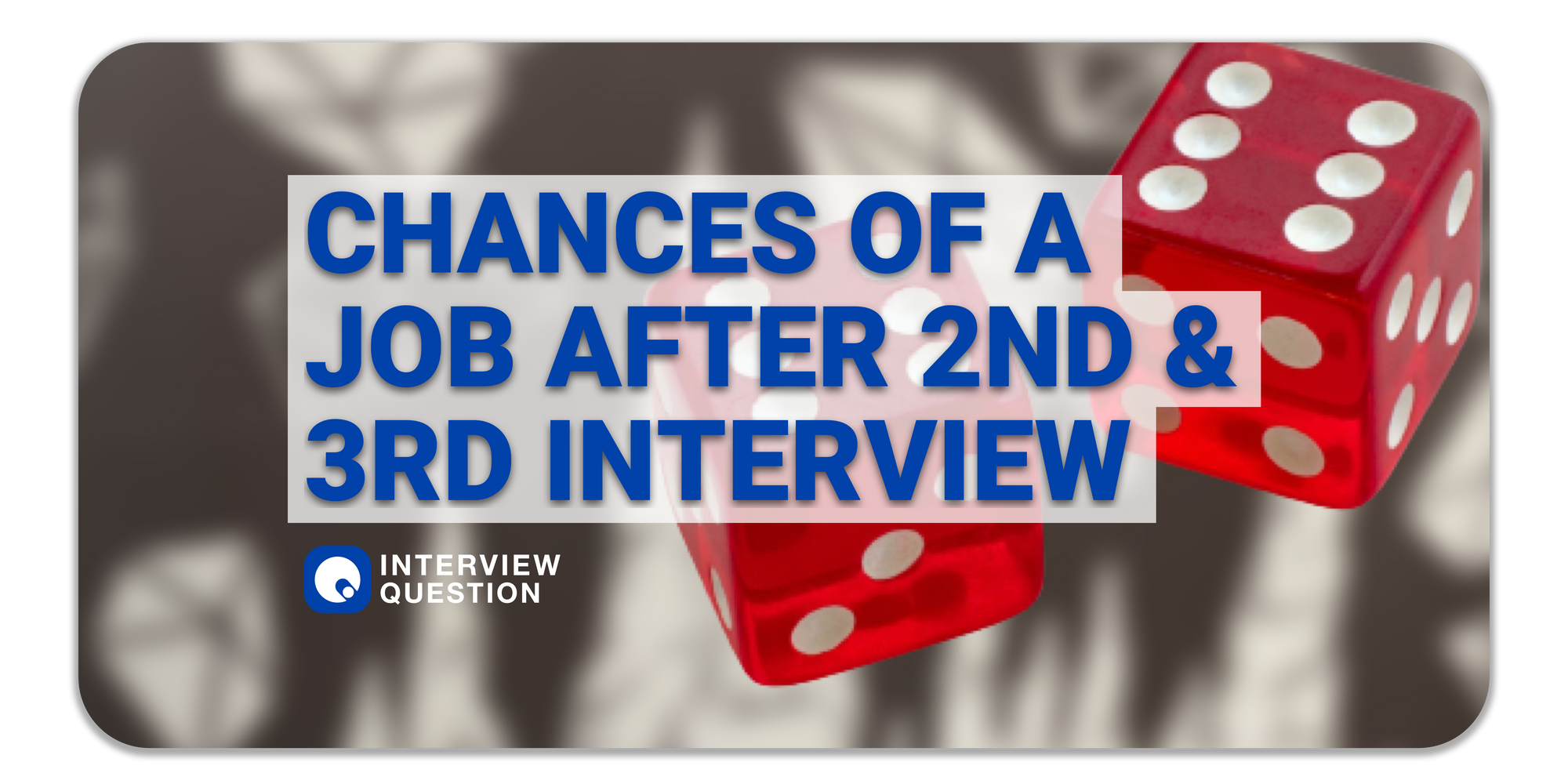
Conclusion
Now that you know the importance of asking the right questions, you should learn which topics you can talk about and are more appropriate for the interview setting. Examples of such topics are like the company culture, departmental goals and your own career development.
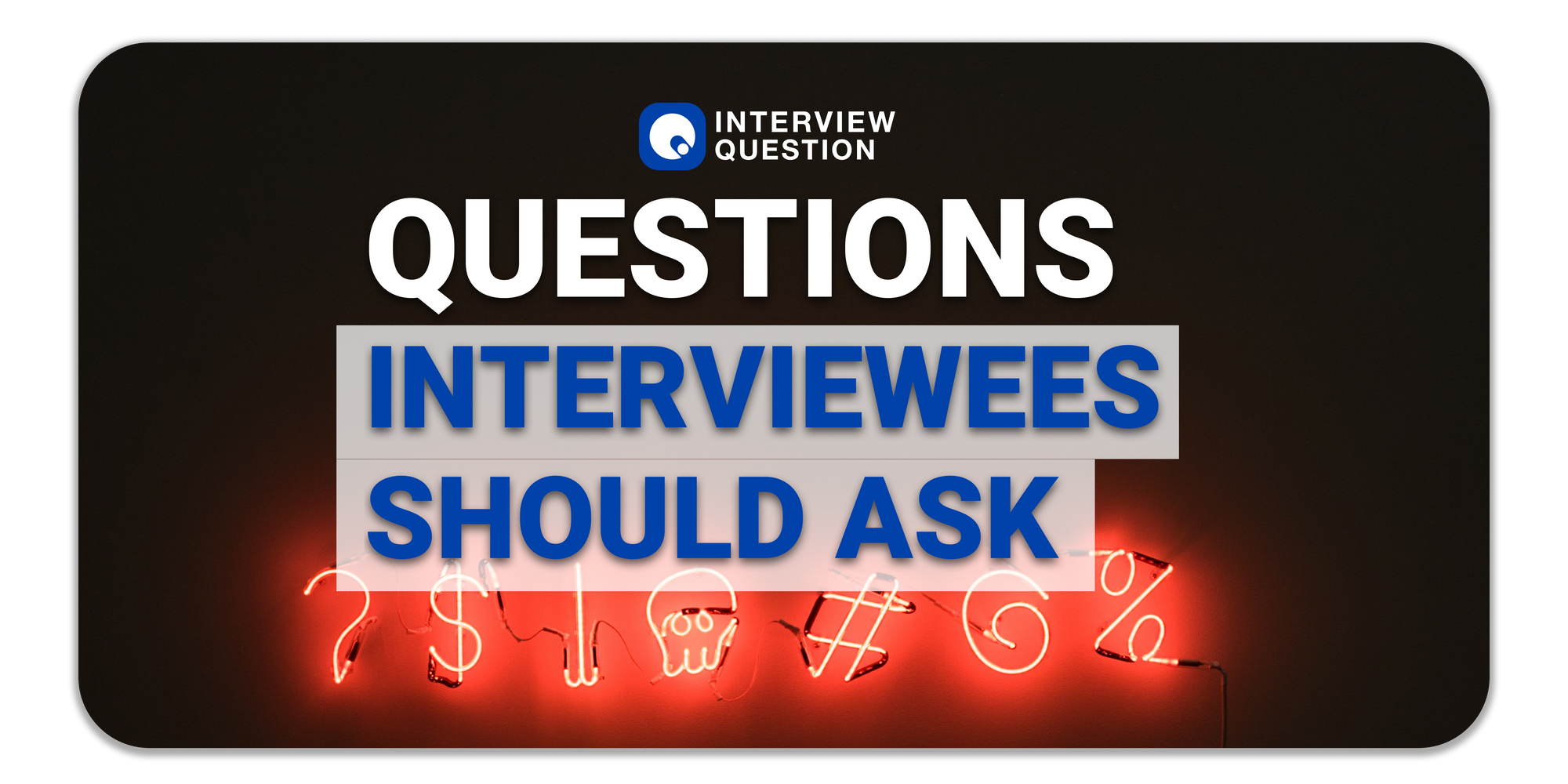
Moving past the question topics, you can then learn how to verbally deliver the questions. Train and practice how you can provide the best answers during the question and answer segment of the interview.

More to this, here are a couple of do's and don'ts you should be aware of when posing questions in the live interview session.
